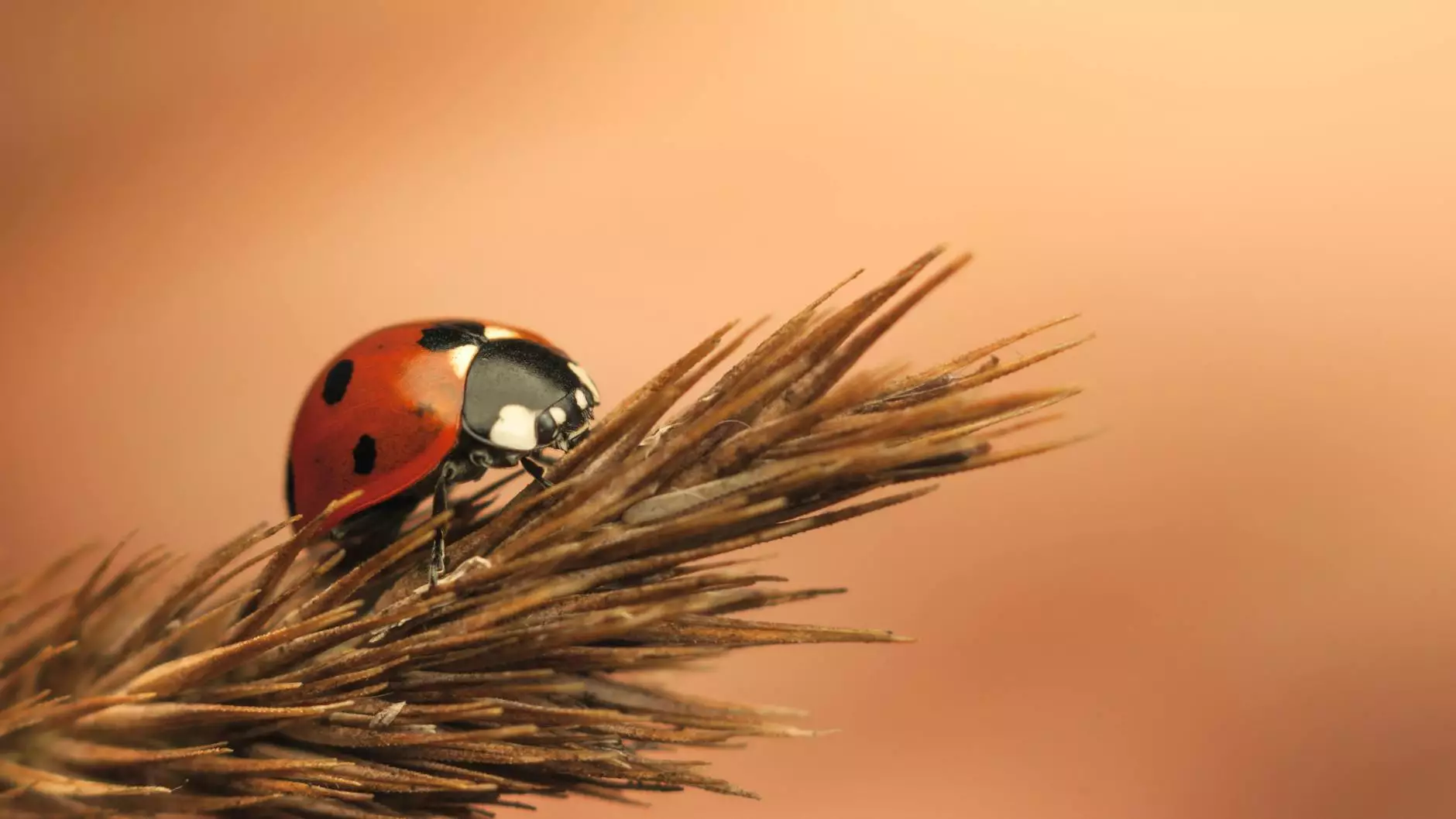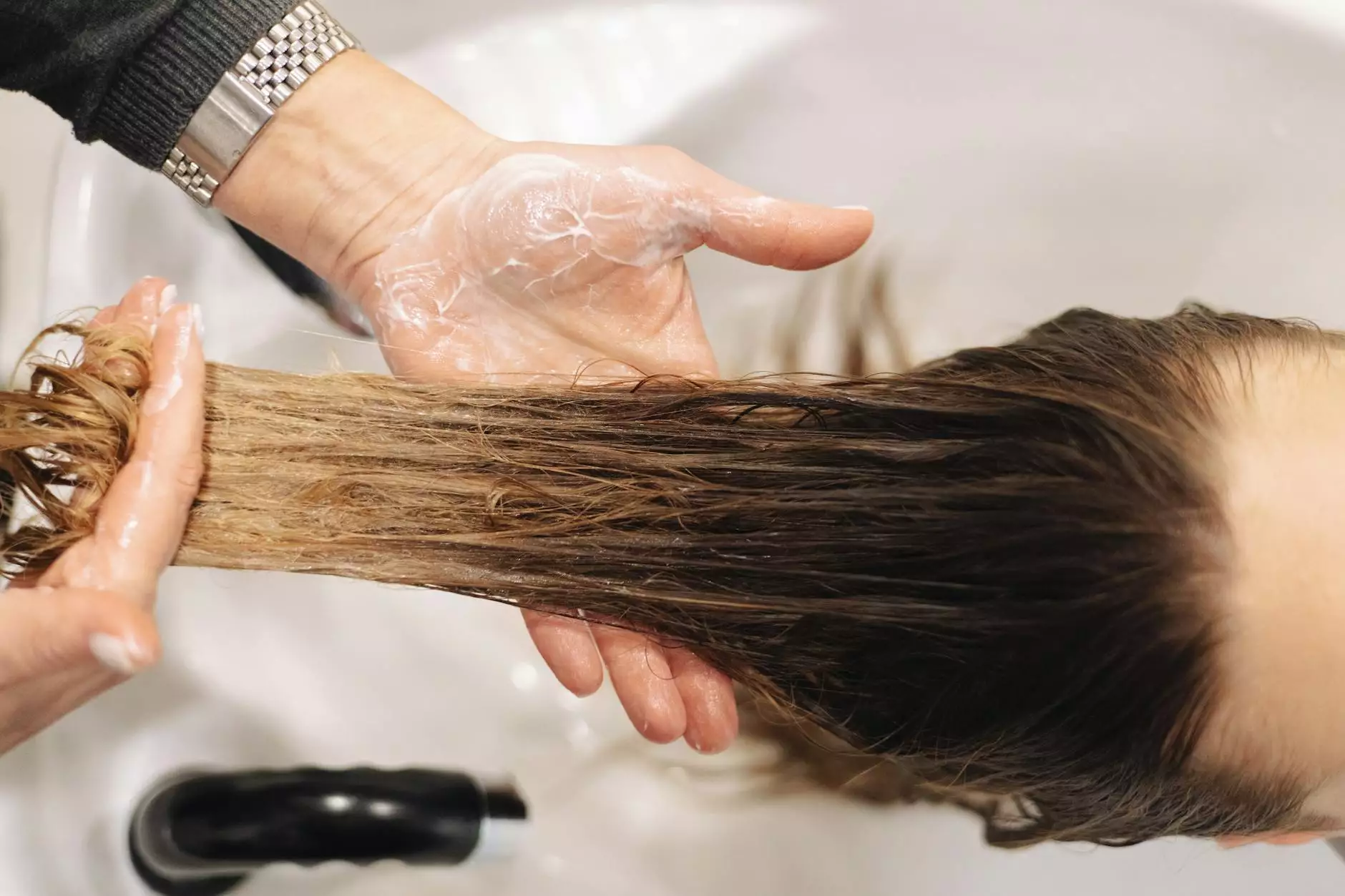The Ultimate Guide to Wheat Weevil Killers for Farmers

As a farmer, you are acutely aware of the challenges that pests pose to your crops. Among the most notorious intruders in the grain storage realm are the wheat weevil. These tiny beetles can wreak havoc on your harvest, leading to significant losses if not managed effectively. Fortunately, there are various solutions and preventative measures to ensure that your farming equipment remains safe and your crops thrive in a pest-free environment.
Understanding the Wheat Weevil
The wheat weevil (Sitophilus granarius) is a species of snout beetle that primarily targets whole grains, especially wheat. Its adult form is easily identifiable due to its elongated snout and is often a dark brown or black color. The lifecycle of the wheat weevil includes:
- Egg Stage: Females lay their eggs inside the grains.
- Larval Stage: The larvae feed on the grain, causing damage.
- Pupal Stage: They then pupate within the grain.
- Adult Stage: Emergence of adult weevils, continuing the cycle.
Not only do these stages pose a threat to your grains, but they can also spread to other stored products. Therefore, effective management and pest control strategies are essential for any farmer.
The Impact of Wheat Weevils on Your Farming Equipment
When wheat weevils invade your storage facilities, they can lead to a plethora of problems:
- Quality Degradation: Infested grains lose their quality, making them unsuitable for sale or consumption.
- Financial Losses: A significant infestation can lead to reduced yield and, consequently, loss of revenue.
- Contamination Risks: Damaged grains can also affect the overall health of your farming equipment, leading to contamination.
Consequently, it is imperative to implement a wheat weevil killer strategy that protects both your crops and your investment in farming equipment.
Effective Wheat Weevil Killers and Pest Control Solutions
With the advancement in agricultural technology, numerous effective wheat weevil killers have been developed. Here are some options that can help you reclaim control over your environment:
Chemical Pesticides
Chemical insecticides can be highly effective against wheat weevils. Ensure you select products that are specifically labeled for weevil control. Always follow the application guidelines closely to minimize any risk to the environment.
Natural Pesticides
If you prefer a more environmentally-friendly approach, consider using natural pesticides. Some examples include:
- Diatomaceous Earth: This powdery substance can help in controlling weevils without harming beneficial insects.
- Essential Oils: Oils such as peppermint and neem can deter weevils when sprayed in storage areas.
Vacuuming and Physical Removal
Regularly inspecting and vacuuming storage areas is an effective physical method for removing adults and visible larvae. This should be done routinely as part of your maintenance schedule.
Preventative Measures Against Wheat Weevil Infestations
Prevention is often the most effective strategy. Here are some recommendations to prevent infestations from occurring:
- Inspection: Regularly check grains upon incoming delivery for signs of weevil presence.
- Storage Conditions: Store grains in airtight containers to prevent weevils from entering.
- Cleaning Process: Maintain cleanliness in storage facilities to reduce grain dust and residues that attract pests.
Monitoring and Assessment Techniques
Incorporating monitoring strategies can be effective in detecting early signs of infestation:
- Traps: Utilize pheromone traps in storage areas to catch adult weevils and monitor populations.
- Routine Checks: Implement a schedule for regular checks of stored grains, noting any changes in quantity or quality.
Choosing the Right Wheat Weevil Killer for Your Needs
The market is flooded with products designed to combat pests, including wheat weevils. It is crucial to choose a wheat weevil killer that aligns with your farming practices. Evaluate products based on:
- Efficacy: Check for reviews and results from other farmers.
- Safety: Look for products that are safe for both humans and the environment.
- Cost-Effectiveness: Analyze the cost per application versus the potential yield loss from infestations.
Importance of Professional Help in Pest Control
While DIY approaches can be effective, enlisting the help of pest control professionals may provide long-term benefits. These experts can:
- Identify Infestations: Professionals have the training and tools to accurately identify and assess the extent of infestations.
- Provide Custom Solutions: They can tailor pest control strategies according to your specific farming practices.
- Monitor Effectiveness: Regular follow-ups and assessments can ensure that your pest control measures stay effective.
Conclusion: Safeguarding Your Farming Equipment and Crops
In summary, managing wheat weevils and safeguarding your farms is imperative for maintaining the quality and profitability of your crops. Employing a combination of effective wheat weevil killer strategies, preventative measures, and professional assistance will create a robust defense against these destructive pests.
Stay informed about the latest research, products, and methods, and continuously adapt your strategies for optimal pest control. For your farming equipment repair needs and assistance in implementing pest management solutions, visit tsgcinc.com for expert support.









